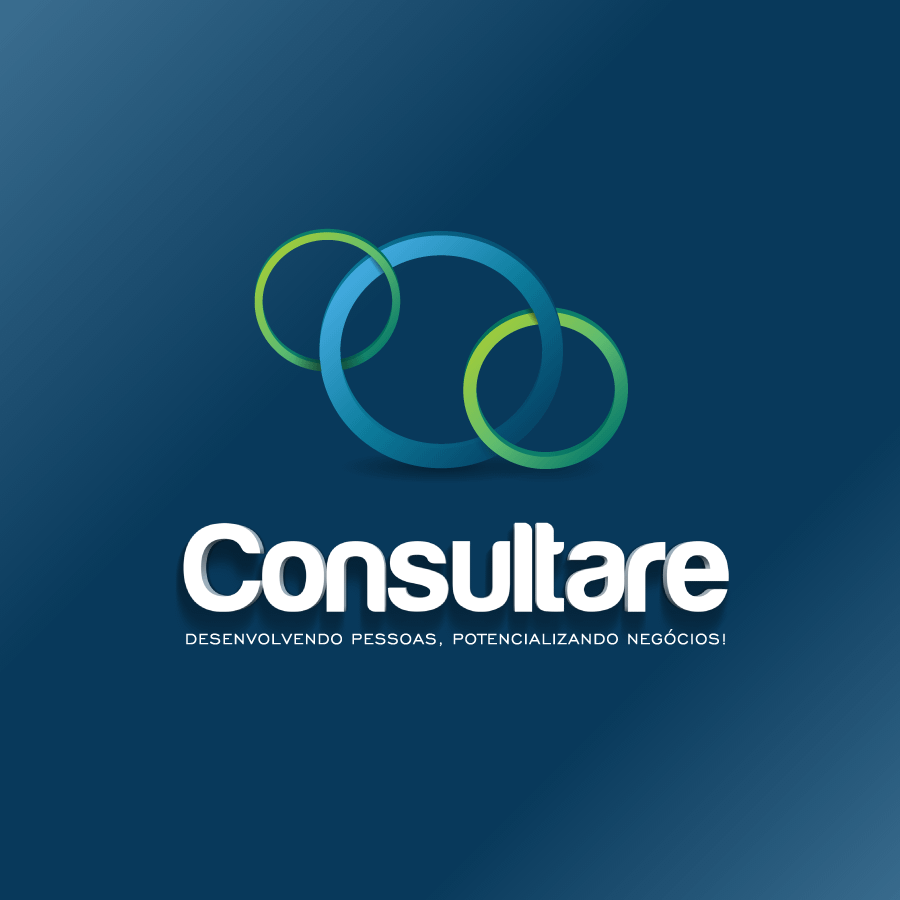The skills of the future for a sales professional – and how to help develop them? Firstly, the ideal profile involves a balance between hard and soft skills. In other words, hard and soft skills that must be worked on through training. In addition to the technical mastery of the activity and the ability to relate to people. The two basic skills that a professional needs to have to carry out their tasks.
Therefore, in the case of sellers, it is no different. In other words, it can be said that the ideal sales professional profile is aligned with the concept of a T-Shaped professional. Which is someone who has vertical knowledge. Therefore, specialized in its area – and horizontal – with more comprehensive and generalist skills, linked to other fronts. In order to represent a balance between hard skills and soft skills.
However, in the recruitment and selection scenario of professionals, it is not always possible to hire employees who already have all these skills fully developed. As well as the way the role demands. In this sense, it is up to the company to invest in training that develops, as needed, the skills of its employees.
However, a survey carried out by VendaMais revealed that, in practice, this has happened differently. The study showed that, in 46.4% of cases, there is no person responsible for training the sales team. And only in 26.4% of the scenarios is the application of training carried out by a professional who is a consultant, trainer or hired external speaker. Furthermore, the average monthly training time for 62.3% of salespeople is 1 to 2 hours. In this way, the data reflects a common reality.

Current approaches versus skills of the future
According to Simon Sinek, there are two different approaches in the business world. Firstly, companies focused on the short term and competition (finite game). And secondly, companies focused on the long term and customers (infinite game). This way, companies continually develop their respective sales teams, playing a different game.
Keep in mind that, in addition to the financial cost, training the team generates results. In this way, training stops being an event and becomes an organic process. In other words, it is part of the organization's day-to-day operations. In practice, the company can develop the skills necessary to create a successful salesperson through applied training. As a result, focus on the pain points you want to solve.
But how to develop a salesperson’s skills and competencies through training?
Taking into account the need to assertively develop a salesperson's profile, sales training needs to consider three fundamental points.
- Customer Success: from this point of view, the sales professional needs to learn to identify what success is for the customer;
- Customer Experience: knowing the journey, the interaction channels and how to positively influence these channels;
- Challenging stance: that is, customers today do not want someone who “resolves problems”. In other words, he wants to be a partner with someone who challenges him, who sees opportunities for the development of his business.
However, it is still necessary to heal a wound. When it comes to hard skills and soft skills, it is considered easier to acquire technical knowledge than to change attitudes. An example is the existence of excellent salespeople, from a technical point of view, who are unable to practice three essential attitudes for success in the sales area. These are empathy, altruism and the ability to adapt.
Therefore, the training approach must be different. For technical training, the starting point is to identify the level of the team and whether there is a discrepancy in performance. And if there is, whether it is due to a deficiency in knowledge or skills. In other words, from this, formulate the training objectives. And after application, it is necessary to measure the results. This way, if there has been progress and how to apply it in everyday life.
Soft skills
In the case of soft skills, as it is something more subjective, it is necessary to define from the beginning what the exact objective of the training is, and establish success indicators. And in this way, keep in mind which methodologies help to change team behavior, implement the solutions discovered and control the results. In this sense, it is noticeable that, when training is present as part of the sales routine, there is not only an improvement in development, service and the team's relationship with customers. But there is also greater organization of the work methodology, more goals being achieved and an improvement in revenue. It's up to companies to start playing the game the right way from now on.
It is important to highlight that the sales team needs to constantly update and improve their skills to keep up with market demands and trends. Training should not be seen as an isolated event but as an ongoing process. This means that investment in training should be a priority for companies that want to stand out and succeed in the current competitive scenario.
Consultancy for trainers and speakers
Furthermore, it is essential to have qualified and experienced professionals to provide training. Hiring external consultants, coaches or speakers can bring a new and enriching perspective to the sales team development process. These professionals can share their experiences, techniques and effective strategies, contributing to the growth and improvement of sellers.
Another important aspect to consider is the duration and frequency of training. The average monthly training time of 1 to 2 hours for most salespeople is insufficient to promote meaningful development. It is necessary to invest in more extensive and frequent training, which allows greater immersion in the content and more intense practice of the skills acquired.
Furthermore, it is necessary to personalize and adapt training to the specific needs of the sales team and the company. Each organization faces particular challenges and demands, and training must be designed precisely and effectively to address these issues. This involves carrying out a prior diagnosis of existing skills and gaps, in order to direct training to the points that need to be developed.
Your company with better skills
Finally, it is essential that the company adopts a learning culture and values the continuous development of its employees. This involves creating an environment conducive to learning. Encourage the exchange of knowledge between team members and recognize and reward the effort and individual progress of each salesperson.
In short, the skills of the future for a sales professional require a balance between hard skills and soft skills. Which can, or better said, should, be developed through appropriate training. Companies must invest in training their salespeople, hiring qualified professionals, promoting frequent and personalized training. In order to create a culture of learning. Only then will they be prepared to face the challenges of the future market and achieve sales success.
My talent is helping entrepreneurs build their professional brands, so that they have a life of their own and become increasingly stronger in the market. Creatively conceptualizing in an authentic way, building new spaces through digital and physical channels; and executing strategic marketing actions to achieve results. 👨🚀

